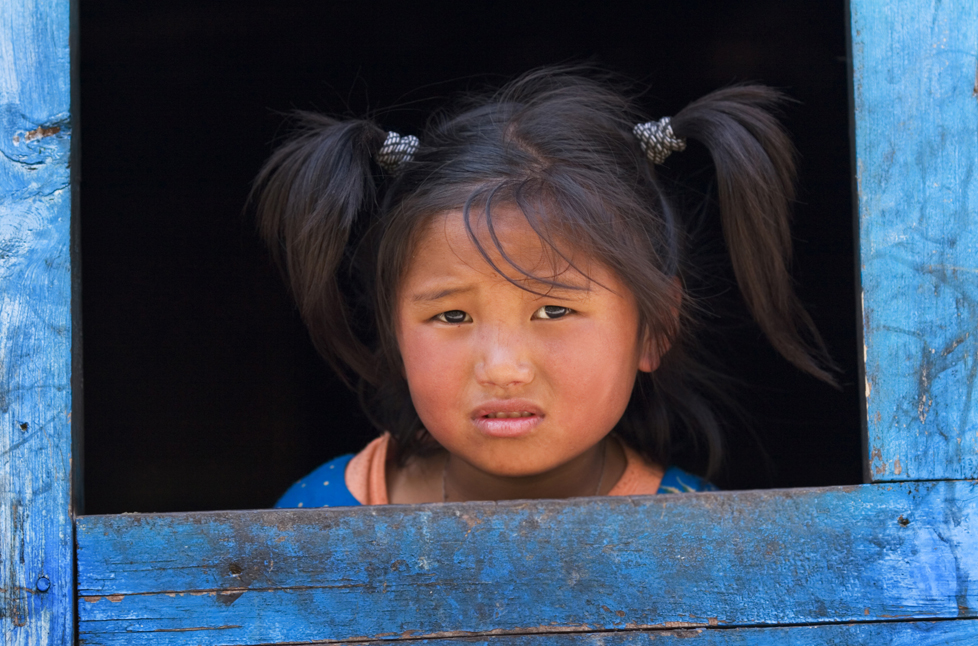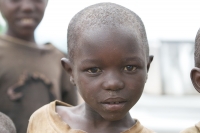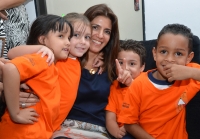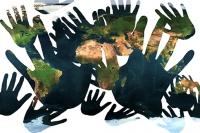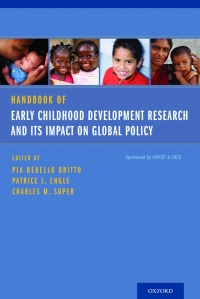Early childhood development & policy in a global context
Introduction
Globally, young children bear the greatest burden of poverty, disease, neglect, and lack of educational opportunities. The goal is to promote evidence-based policies for advancing the positive development of young children everywhere, by bringing scientific knowledge about early child development in both developed and developing countries to bear on international programs and policies that affect young children and families, focusing on the whole child.
A standards approach
Early learning and development standards are statements of expectation of what children at particular ages should know and be able to do. These standards form the heart of an integrated system of standards and indicators for programs, services, instructions, teacher training, program evaluation, national monitoring and public advocacy to improve the lives of young children. These standards are rooted in scientific evidence and in the national and cultural values of each country. The process of developing these standards is supported by the national government within each country and involves a participatory approach, that for most countries, includes representatives from academia, international organizations, non-governmental organizations, civil society and the private sector.
Video (Eng) | Early Childhood Development & Policy in a Global Context (26:31)
Pia R. Britto, PhD, is Global Chief and Senior Advisor, Early Childhood Development, UNICEF, New York Headquarters. She is known for her work on developing, implementing and evaluating early childhood programs and policies around the world.
Video (Eng) | Children & Conflict: Leveraging Research to Inform Policy (14:17)
Theresa S. Betancourt, ScD, MA, currently Salem Professor in Global Practice at the Boston College School of Social Work and Director of the Research Program on Children and Adversity (RPCA), expounds upon the successes and challenges of her work involving children and conflict and how to leverage research to inform policy in the video above. She offers insights about the policy and research goals we should prioritize in the future.
Relevant information
Theresa Betancourt, Assoc. Prof. of Child Health and Human Rights, Harvard University, joins host Yale student, Frank Boudon. She discusses how she became involved in research on children and conflict, expounds upon the successes and challenges of her work, and offers insights about the policy and research goals we should prioritize in the future.
Ana Estela Haddad, former First Lady of the City of São Paulo and Coordinator of the Municipal Policy for Integral Early Childhood Development – São Paulo Carinhosa Program, joins host, Dr. Maria Conceicao do Rosario, Associate Professor at the Federal University of São Paulo. She speaks on how the Carinhosa Program, São Paulo’s municipal policy for early childhood development, works to improve the lives of refugee, immigrant, and urban children.
Britto, P. R., Yoshikawa, H., van Ravens, J., Ponguta, L. A., Reyes, M., Oh, S., Dimaya, R., Nieto, A. M. and Seder, R. (2014). Annals of the New York Academy of Sciences, 1308: 245–255.
Edited by Pia Britto (Yale), Patrice Engle (Cal Poly State) & Charles Super (UConn). (2013)
“This handbook has become the bible for making ECD central to the post-2015 development agenda.”
—R.H. Dame Tessa Jowell, DBE, Member Parliament, London
JOIN THE CONVERSATION
For breaking news and to stay connected, follow us on social media. Sign up to get our E-News delivered straight to your inbox.


